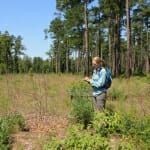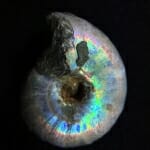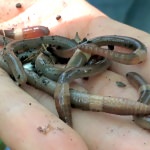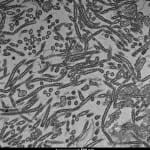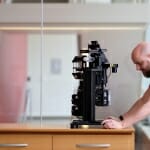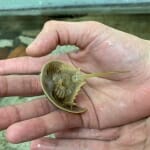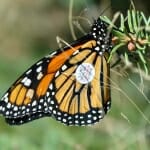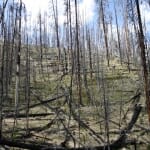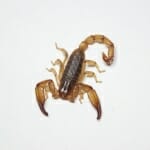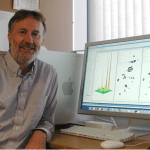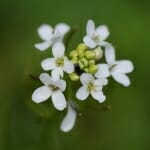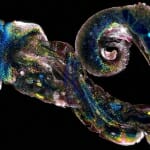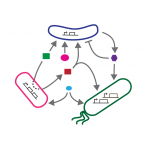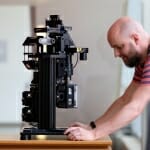Tag Biology
Making biominerals: nature’s recipe is old, evolved more than once
In recent years, scientists have teased out many of the secrets of biomineralization, the process by which sea urchins grow spines, mollusks build their shells…
Heat kills invasive jumping worm cocoons, could help limit spread
New research is good news for ecologists and horticulturalists who are working to slow or stop the spread of the worms. But little remains known about the life cycle of these damaging invaders or how to stop them.
H3N2 viruses mutate during vaccine production but new tech could fix it
UW-Madison researchers describe a new cell line that enables better growth of H3N2 for vaccine use. The virus is also far less likely to mutate during production using this cell line, improving the chances of a match between vaccine and circulating influenza viruses.
Have microscope, will travel: New tech project links Madison, Boston scientists
Researcher Jan Huisken’s vision is to redesign a high-end optical microscope — normally big enough to fill an entire room — down to the dimensions of a suitcase, with minimal loss of power or precision.
UW–Madison researcher awarded “Make Our Planet Great Again” grant
Professor Carol E. Lee has just been awarded a grant from the French government to investigate the ability of plankton to evolve and adapt to a changing climate.
UW alum masterminding next generation data storage: A solution to the datapocalypse?
In a meeting at the Weinert Center for Entrepreneurship at the Wisconsin School of Business, Hyunjun Park said the device will hold digital information in DNA – life’s evolution-perfected “data storage” molecule.
Steve Miller, Tom Brock to receive honorary degrees
This year’s recipients of honorary degrees from UW–Madison are both rock stars — one literally, the other in microbiology. The honorees are Steve Miller, a Rock and Roll Hall of Fame inductee, and Thomas Brock, who helped usher in modern molecular biology.
Citizen science monitoring program Journey North finds home at Arboretum
Journey North has more than 60,000 registered participants in the United States, Canada and Mexico. People report sightings from the field, view maps, take photographs and submit observations.
Researchers find value in unusual type of plant material
UW-Madison scientists have shown that a recently-discovered variety of lignin, catechyl lignin (C-lignin), has attributes that could make it well-suited as the starting point for a range of bioproducts.
Finding a weak link in the frightful parasite Schistosoma
More than 250 million people, mostly in Africa and Asia, have schistosomiasis, which kills an estimated 280,000 each year. “We don’t get that many aha! moments in our lives as scientists,” says a researcher. “This was one of them.”
High-powered microscopy coming to a scientist near you
A portable light-sheet microscope that shrinks to the weight and dimensions of a packed suitcase can be mailed to a lab anywhere in the world, configured remotely by Morgridge Institute for Research engineers to run experiments.


